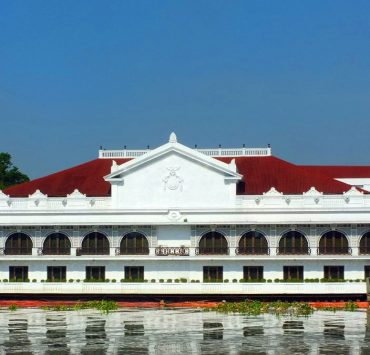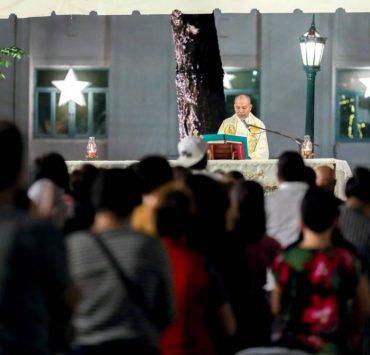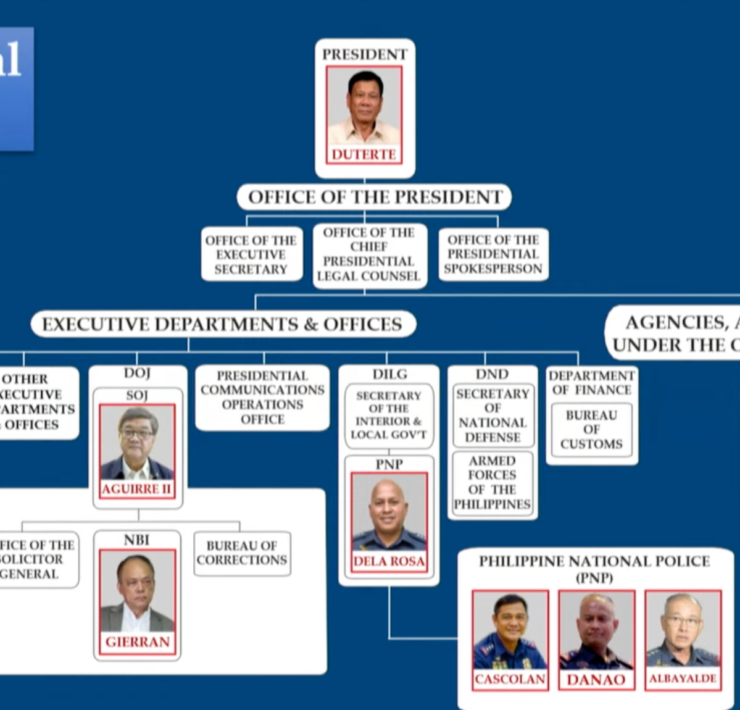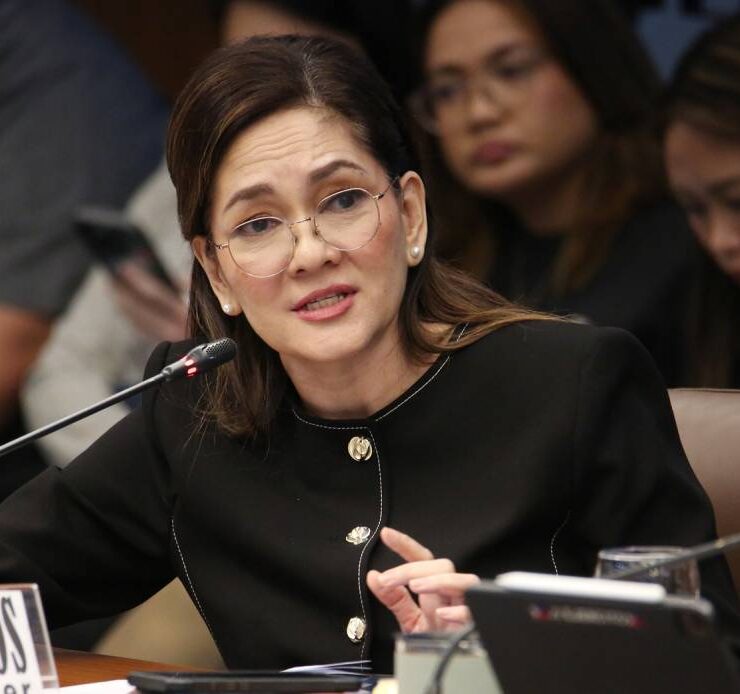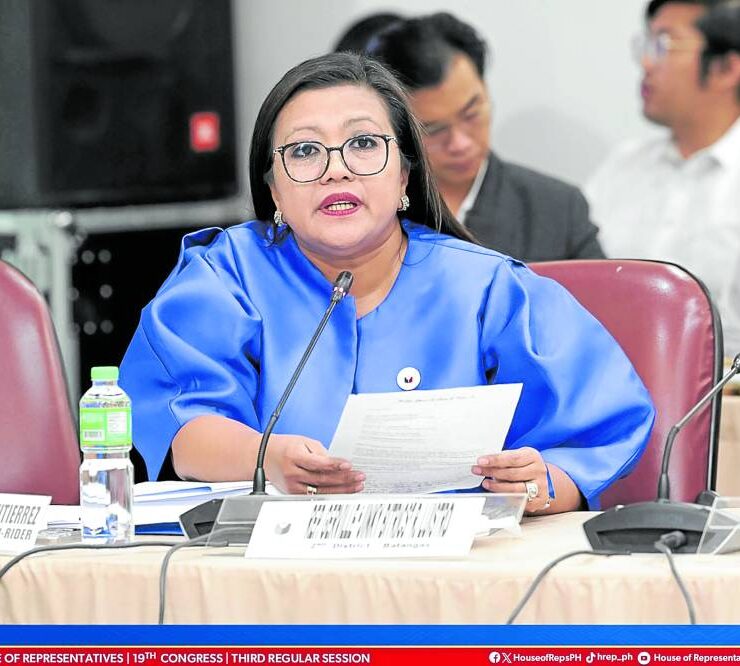COP29: Climate finance talks remain deadlocked
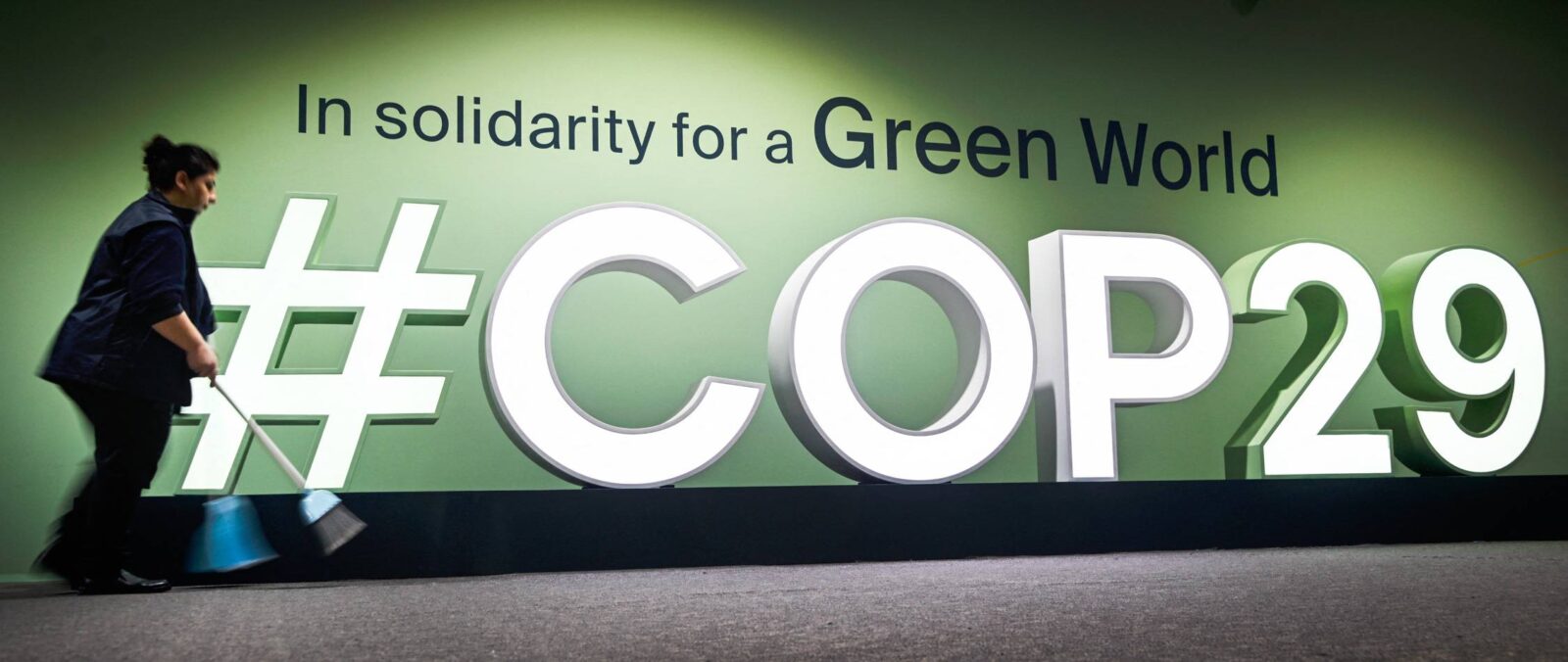
BAKU, Azerbaijan—Deep divisions persist as negotiations enter the final week at the United Nations Climate Conference (COP29) here, where world leaders and negotiators from 196 nations are attempting to set a new climate finance target to help poorer countries shift to clean energy and adapt to climate change.
A new report from a UN-backed expert group on climate finance floated the idea that global climate action would require at least $1.3 trillion a year by 2035 to help developing countries like the Philippines manage climate impacts.
The New Collective Quantified Goal on climate finance will replace the $100 billion per year commitment to developing countries by 2025.
‘Not charity’
Rich countries, including the United States and members of the European Union, acknowledge that trillions of dollars are needed but argue about who should contribute to it, which nations should receive the money, and how the funds are to be allocated.
“Climate finance is not charity. It is 100 percent in every nation’s interest to protect their economies and people from rampant climate impacts. So countries must wrap up less contentious issues early in the week, so there is enough time for the major political decision,” said UN Climate Change Executive Secretary Simon Stiell at a press conference on Tuesday.
Environment Secretary Maria Antonia Yulo-Loyzaga said the Philippine delegation to COP29, which she heads, would strive to advance the country’s interest in discussions on climate finance, mitigation, adaptation, and loss and damage, among other key issues.
“I am always hopeful [of] the process, but we have to be realistic and understanding in terms of the amount that is really needed, where it has gotten us in the number of years, and we’ve been talking beyond the quantum of climate finance,” Yulo-Loyzaga told the Inquirer.
Countries are also being urged to scale up adaptation efforts to avert rising climate impacts, which are hampered by a huge financial gap estimated by the United Nations Environment Programme (Unep) at $187 billion to $359 billion per year.
“We need to unlock a new climate finance goal at COP29 as climate is already devastating communities across the world, particularly the most poor and vulnerable,” said Inger Andersen, executive director of Unep.
Negotiators will hammer out a “COP29 package” to ensure a high-ambition and balanced package across climate mitigation, finance and adaptation, as well as key elements on just transition, gender and human rights.
Activists’ demand
While negotiators work on draft texts of a deal, climate activists are staging protests outside the plenary halls of the COP29 venue, demanding a minimum of $1.3 trillion per year in public finance for mitigation, adaptation, and loss and damage.
“We are expecting and demanding a clear ambitious target on climate finance,” said Lidy Nacpil, coordinator of the Asian Peoples’ Movement on Debt and Development.
“The sticky issue of money is affecting all other negotiations on emissions reduction, loss and damage mechanism, carbon markets because of course developing countries do not want to be locked into commitments that have no corresponding financial support,” she said.
“We are the first people to be affected by climate change and we need that climate finance as they owe that to us,” Nacpil added.
“The growing costs that the Philippines incurs due to the impacts of extreme weather events clearly indicate that it needs justice-anchored financial, technological and capacity building support from rich countries to survive in the era of climate emergency,” said Rodne Galicha, convener of Aksyon Klima Pilipinas.
PH typhoons
Naderev “Yeb” Saño, executive director of Greenpeace Southeast Asia and former commissioner of the Climate Change Commission, said the discussions for a new climate finance goal remained sketchy despite destructive and accelerating extreme weather events, like the recent consecutive typhoons in the Philippines.
“We cannot accept a weak deal at COP29. It needs to be very robust, not just the figure but the quality. Loss and damage fund should also be there, as well as adaptation that has a strong and clear language on developed countries being able to provide the finance. We should not leave Baku with no deal,” Saño said.
He added that climate activists had huge expectations of a positive outcome from COP29, despite discouraging political developments, such as governments refusing to attend the negotiations and the apparent withdrawal of the United States from the Paris climate agreement for the second time with the return of Donald Trump as president.
In 2020, the United States formally withdrew from the pact but rejoined it when Joe Biden took office.














